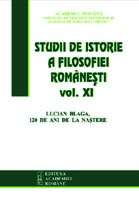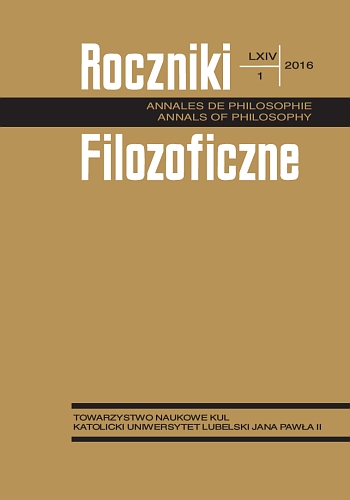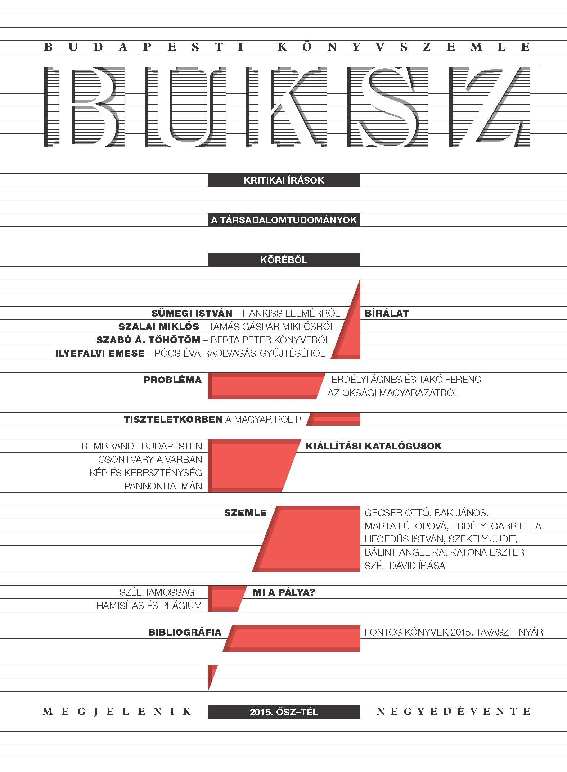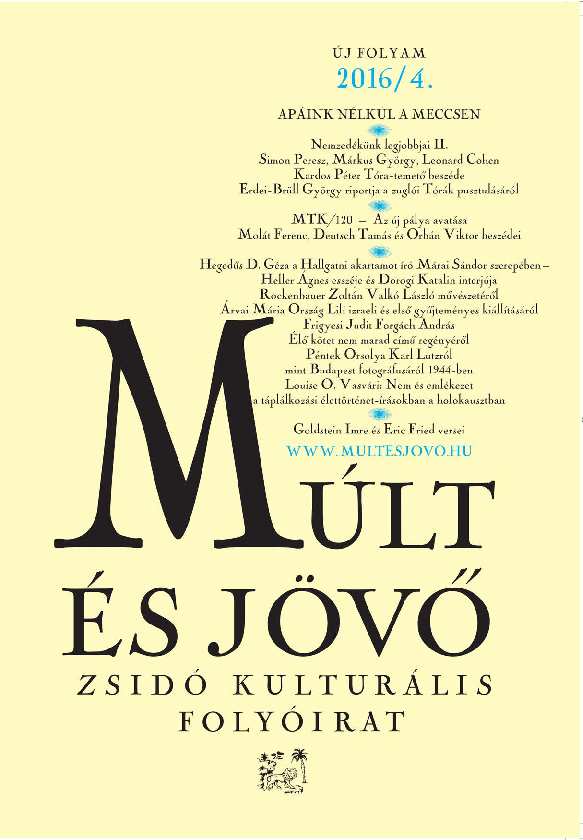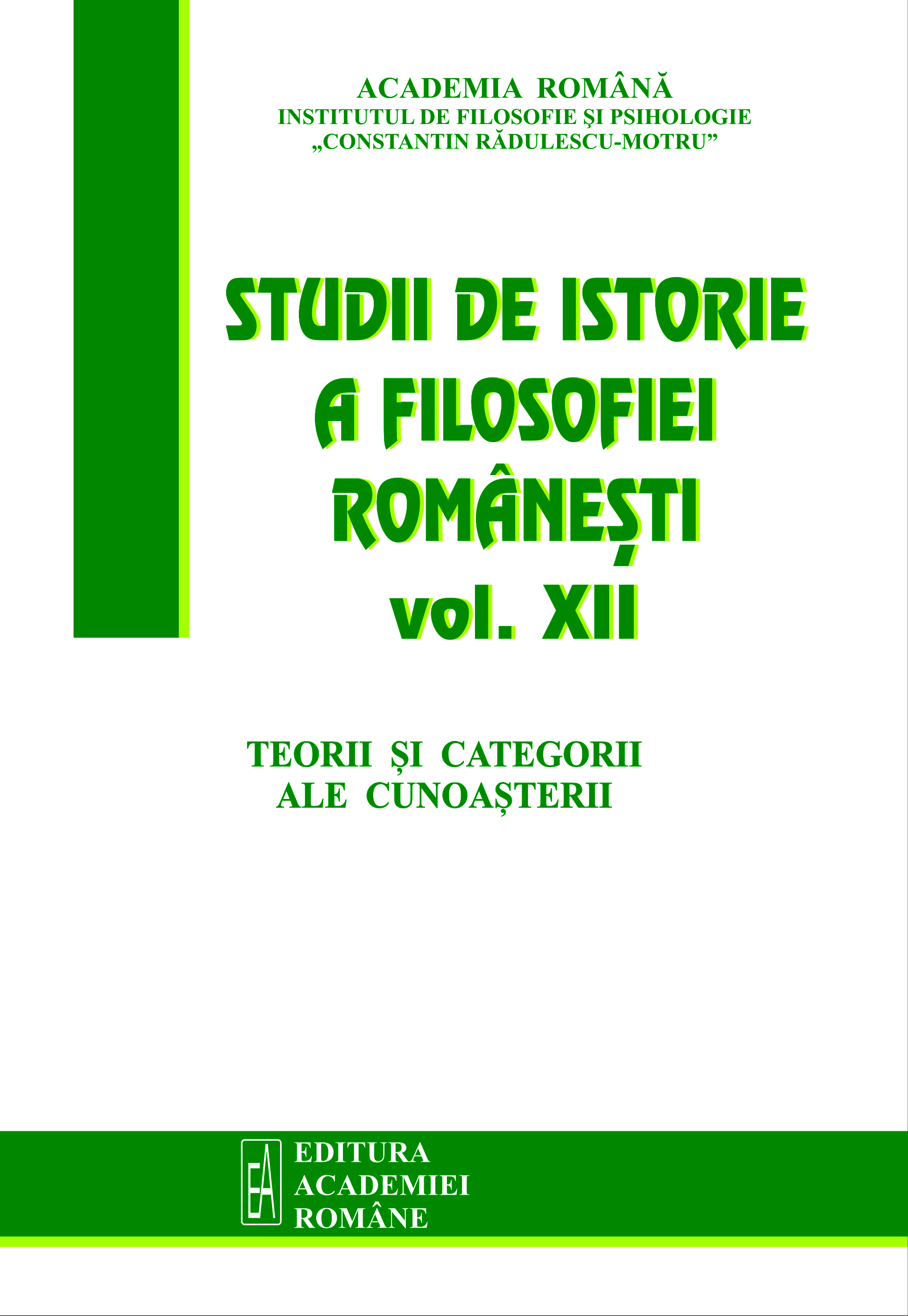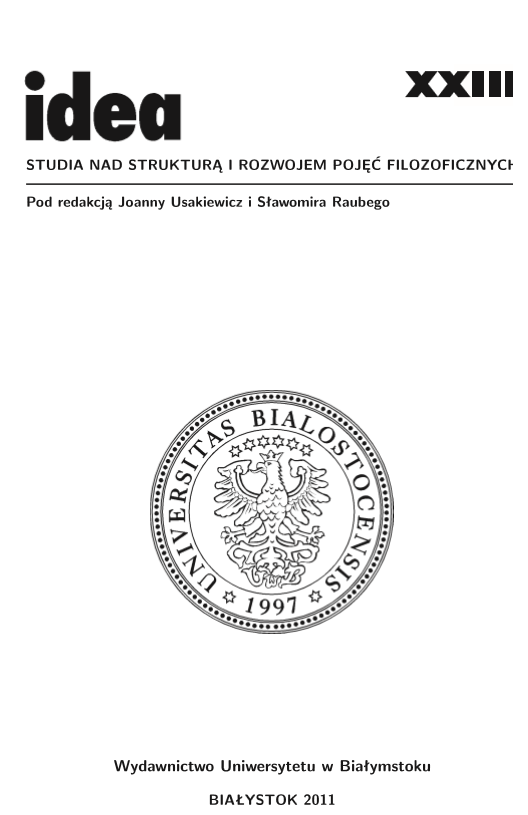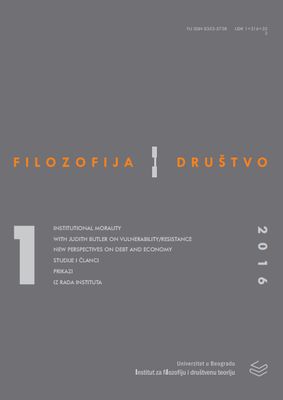
Historisierung, Aufklärung, Genealogie
Historicising thinking has three properties: a) it takes the past to be different from the present, b) it takes the past to have been contingent, c) it holds that the past is relevant to the present. Genealogy, as practiced by Nietzsche and Foucault, shows itself to be a useful tool for mounting a historicising critique of certain aspects of our contemporary world. As such it can contribute to a non-dogmatic form of Enlightenment.
More...
